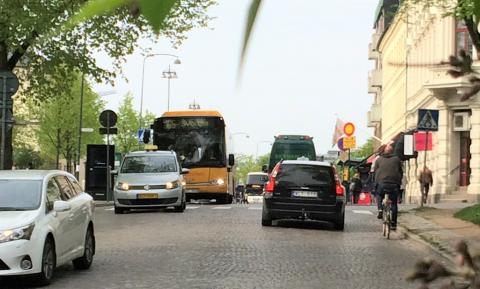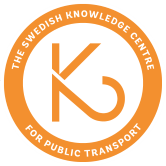Article highlighted
Transport planning and decision making

K2-researchers Robert Hrelja from Malmö University and Tom Rye from Molde University College have studied what causes measures that can reduce the transport system's car dependence not to be implemented to the extent required to achieve politically decided goals. They have interviewed officials and politicians in Swedish municipalities and asked how they regard the municipality's transport planning.
“Measures that contribute to a more sustainable transport system can be perceived as controversial and those we interviewed say they often face a dilemma, as the measures they see as necessary does not seem possible to implement. Officials express that they often face opposition, both from the municipality's political decision-makers and from the residents, when they propose measures to increase the proportion of sustainable and healthy transport” says Robert Hrelja.
Robert and Tom´s studies of transport planning indicate that it is a long process to shift planning and decision-making in a more sustainable direction.
“Municipalities that have succeeded seem to have a well-integrated planning, an overall picture of the municipality's mission and development that both politicians and civil servants can relate to and use. Municipalities that work long-term and strategic can build support over time, also for more unpopular measures” says Robert Hrelja.
In the article Decreasing the share of travel by car. Strategies for implementing ‘push’ or ‘pull’ measures in a traditionally car-centric transport and land use planning, you can read more about successful strategies for shifting transport planning and decision-making in a more sustainable direction.
